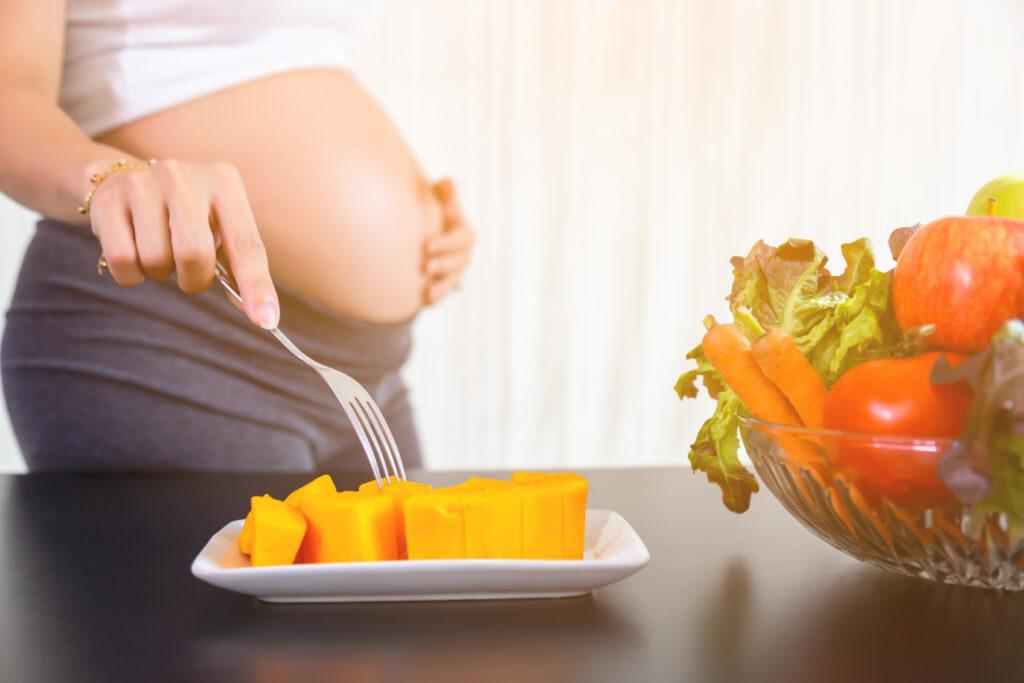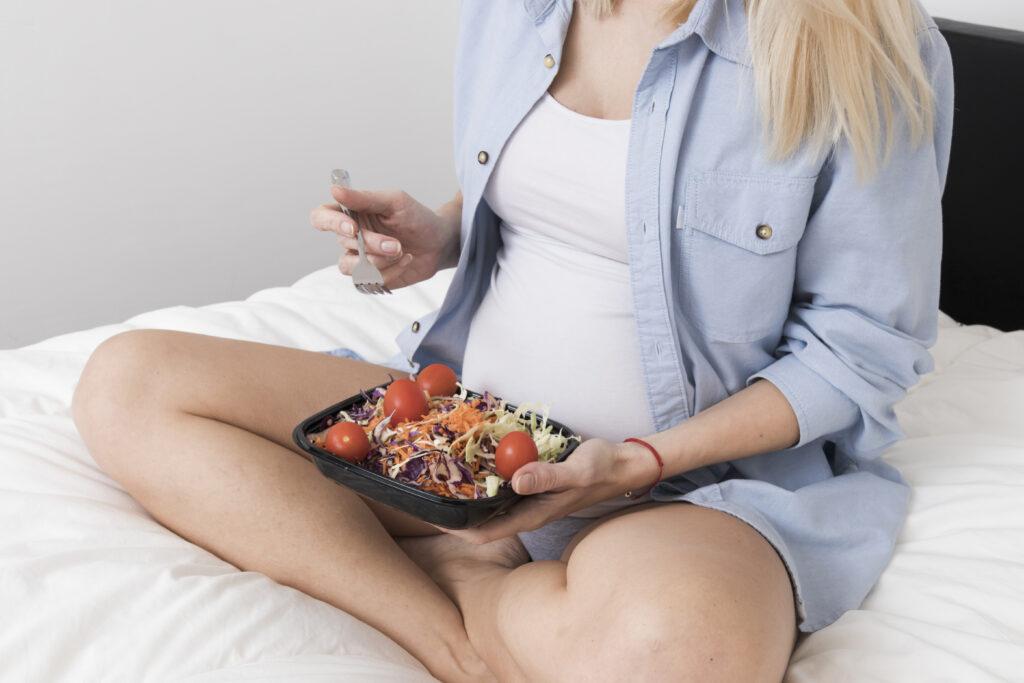Nutrition plays a powerful role in reproductive health. The right food choices can help regulate hormones, improve egg quality, support ovulation, and even prepare the body for pregnancy.
For women planning to conceive, a balanced diet for fertility female not only improves overall wellness but also enhances the chances of conception. The connection between nutrition and fertility is well-established — eating smart can be one of the most effective natural ways to improve fertility.
Nutrition’s Role in Reproductive Health
Food fuels every process in the body, including hormone production, egg development, and implantation. Deficiencies in key vitamins and minerals can disrupt menstrual cycles or reduce ovulation quality.
Healthy fats, antioxidants, and vitamins help reduce inflammation and oxidative stress, both of which impact fertility. At Kanaa Fertility, experts often recommend nutritional adjustments as part of every fertility treatment plan. A personalized meal plan can make a big difference in reproductive outcomes.

Key Nutrients for Conception Success
Certain nutrients are essential for boosting fertility and preparing the body for a healthy pregnancy.
1. Folate (Vitamin B9)
Crucial for DNA synthesis and early embryo development. Leafy greens, legumes, and fortified cereals are excellent sources.
2. Vitamin D
Supports hormone balance and egg maturation. Sunlight exposure and foods like salmon and fortified milk can help maintain levels.
3. Zinc
Important for ovulation and cell growth. Found in nuts, pumpkin seeds, eggs, and seafood.
4. Iron
Low iron can delay ovulation and reduce energy. Include spinach, lentils, and lean meats.
5. Omega-3 Fatty Acids
Help regulate hormones and increase blood flow to reproductive organs. Sources include flaxseeds, chia seeds, walnuts, and fatty fish.
6. Antioxidants (Vitamin C and E)
Protect eggs from oxidative stress and improve ovarian function. Berries, citrus fruits, and almonds are rich in these nutrients.
A nutrient-rich fertility nutrition plan ensures that both the body and reproductive system are functioning at their best.
Foods to Include and Avoid
Foods for Fertility (Female)
- Fruits and Vegetables: Brightly colored produce like spinach, berries, and bell peppers supply antioxidants.
- Whole Grains: Oats, brown rice, and quinoa help stabilize blood sugar and hormones.
- Lean Proteins: Eggs, lentils, tofu, and poultry improve ovulation quality.
- Healthy Fats: Olive oil, avocado, and nuts support hormone production.
- Dairy or Calcium Sources: Yogurt, cheese, or fortified alternatives strengthen bone health before pregnancy.
Foods to Limit or Avoid
- Refined carbs and sugar: They spike insulin and disrupt ovulation.
- Trans fats: Found in processed snacks and fried foods, harmful for hormone balance.
- Caffeine and alcohol: Excess consumption can affect estrogen levels and semen quality in partners.
Fertility Supplements — What Works
While a balanced diet should be the foundation, supplements can help fill nutritional gaps. Common supplements to improve fertility include:
- Prenatal vitamins with folic acid and B-complex.
- CoQ10 to boost egg health and energy production.
- Vitamin D3 to regulate menstrual cycles.
- Zinc and Selenium to improve reproductive cell quality.
Before starting any supplement, consult a fertility specialist at Kanaa Fertility for personalized advice based on your hormonal profile and fertility goals.
Nutrition Myths vs. Facts
Myth: Only supplements can improve fertility.
Fact: Supplements help, but natural foods rich in vitamins and minerals remain the foundation of fertility nutrition.
Myth: Dairy or gluten must be completely avoided.
Fact: Unless you’re intolerant, moderate dairy or whole-grain foods can support balanced nutrition.
Myth: Weight doesn’t matter if periods are regular.
Fact: Both underweight and overweight conditions affect ovulation and conception chances.
Conclusion
Good nutrition is one of the most effective tools to improve fertility naturally. The right diet to improve fertility helps regulate hormones, enhances egg quality, and prepares your body for a healthy pregnancy.
At Kanaa Fertility, our specialists combine fertility nutrition with personalized treatment to support every step of your conception journey.
A mindful plate today can lead to a positive pregnancy tomorrow.

